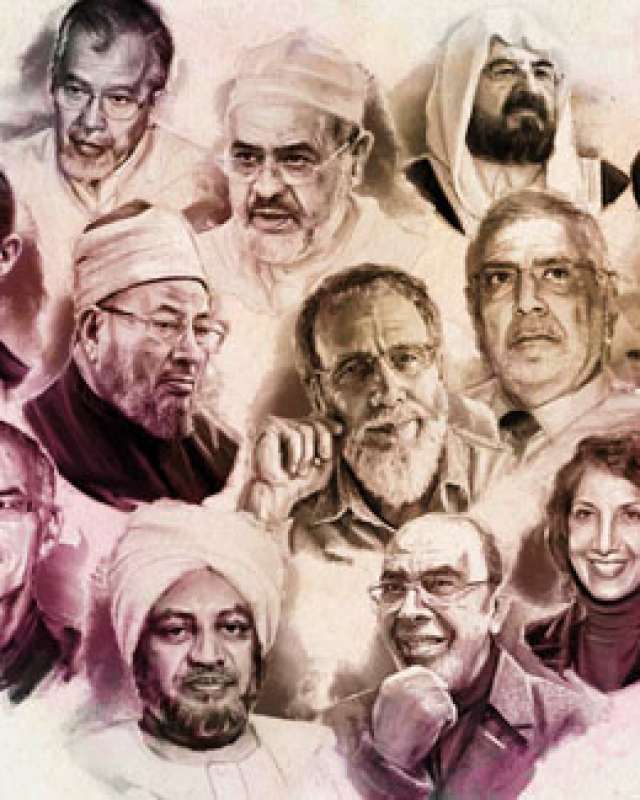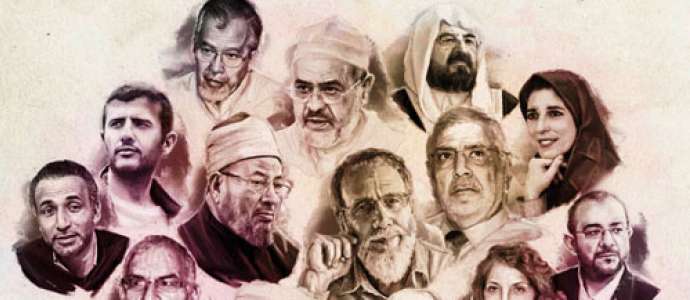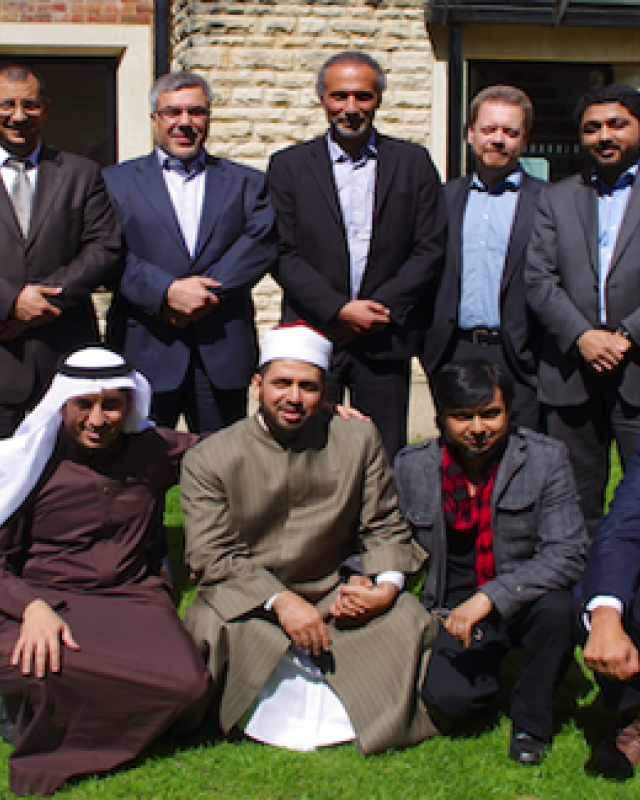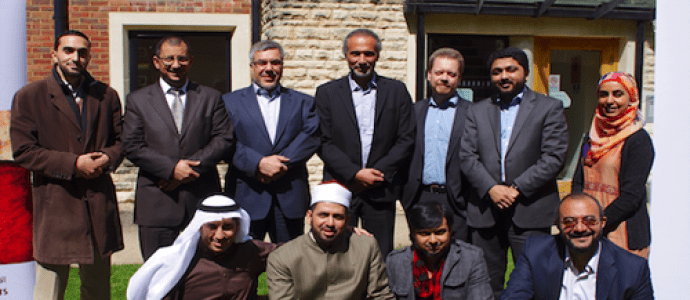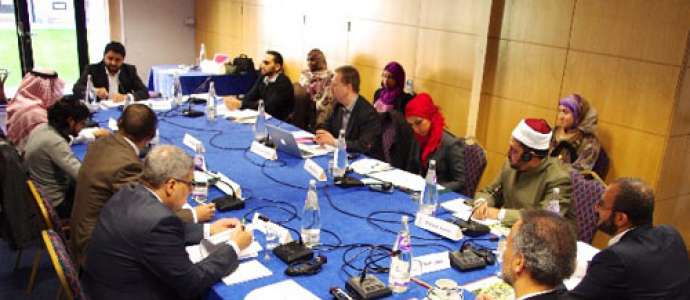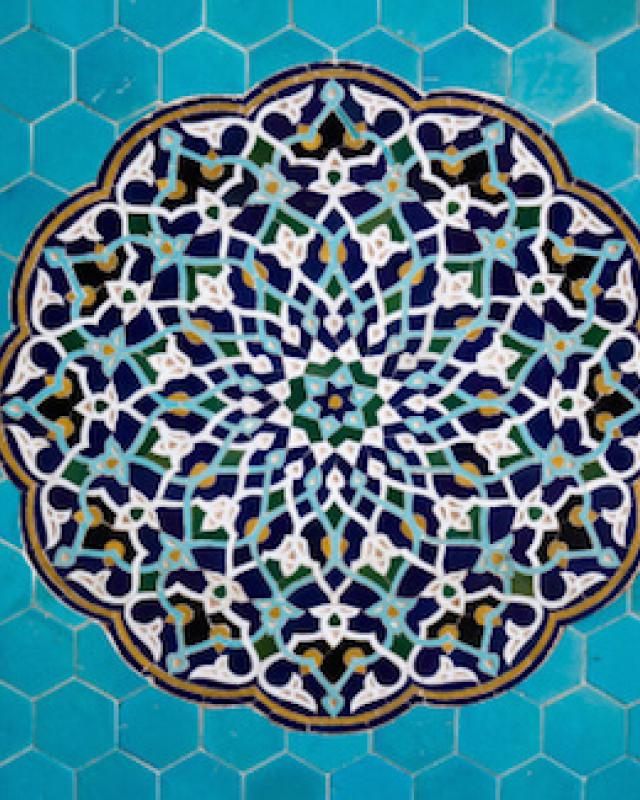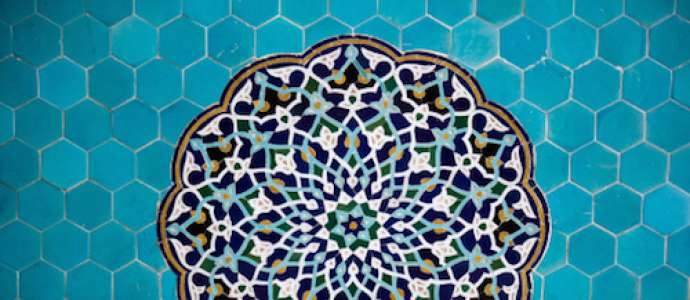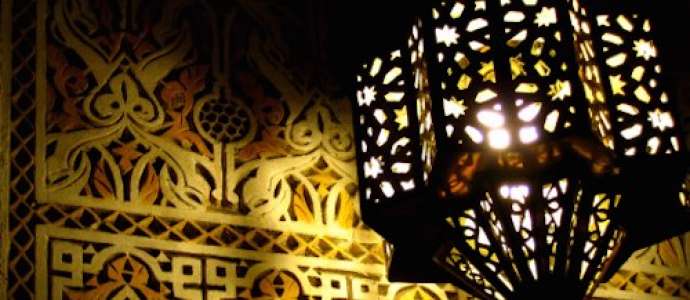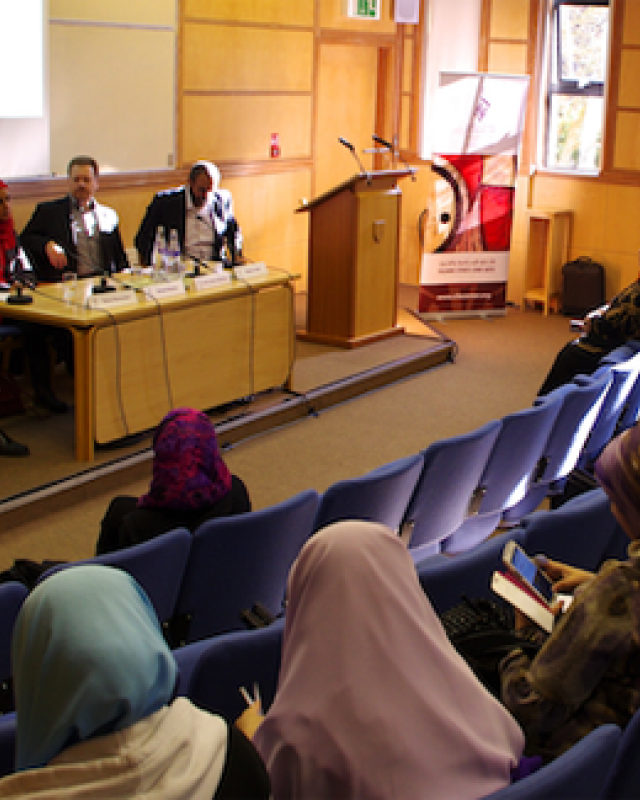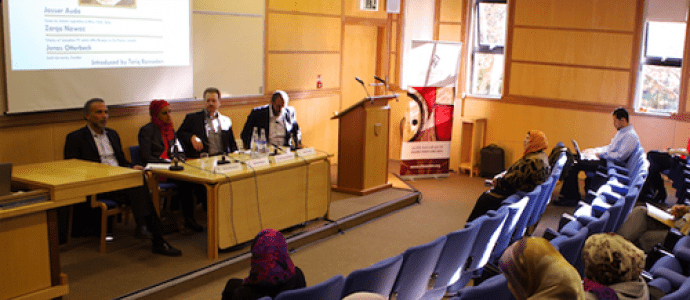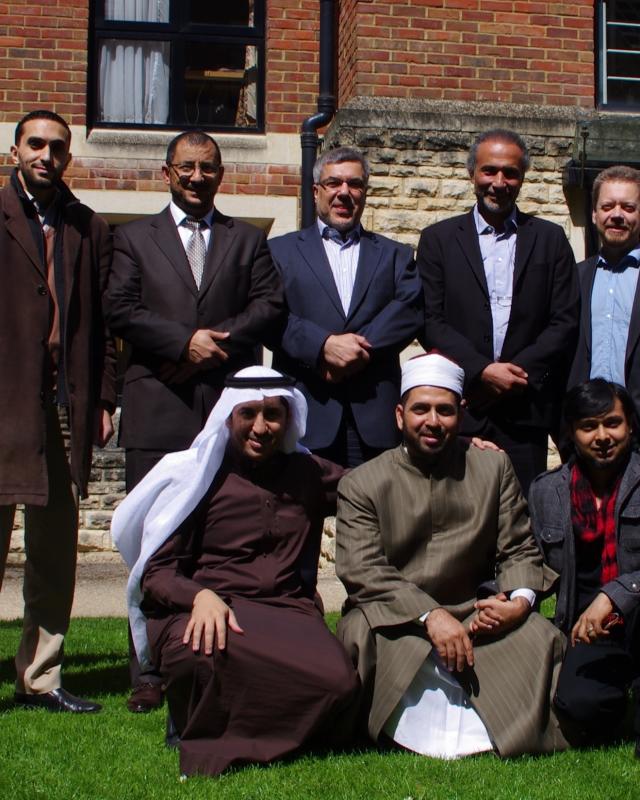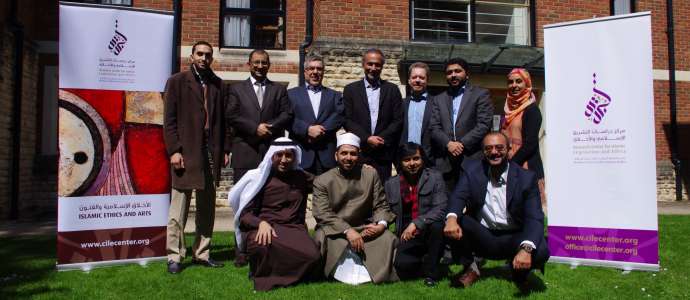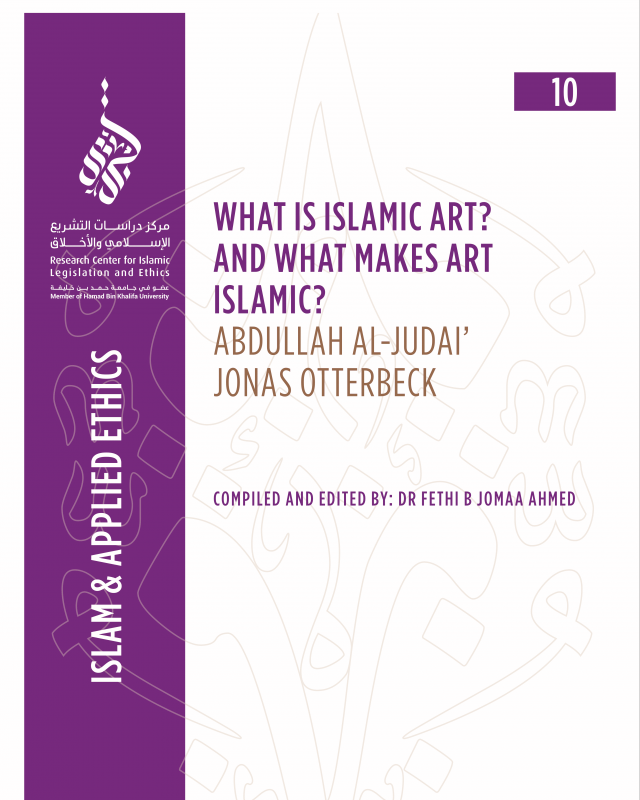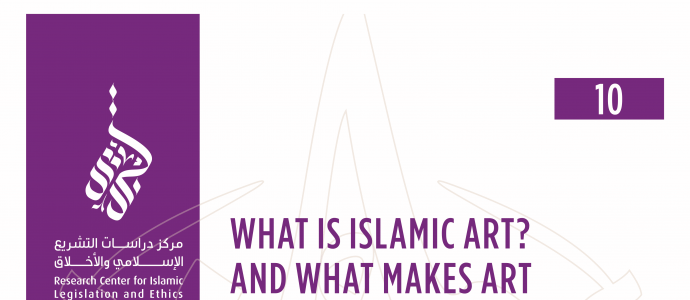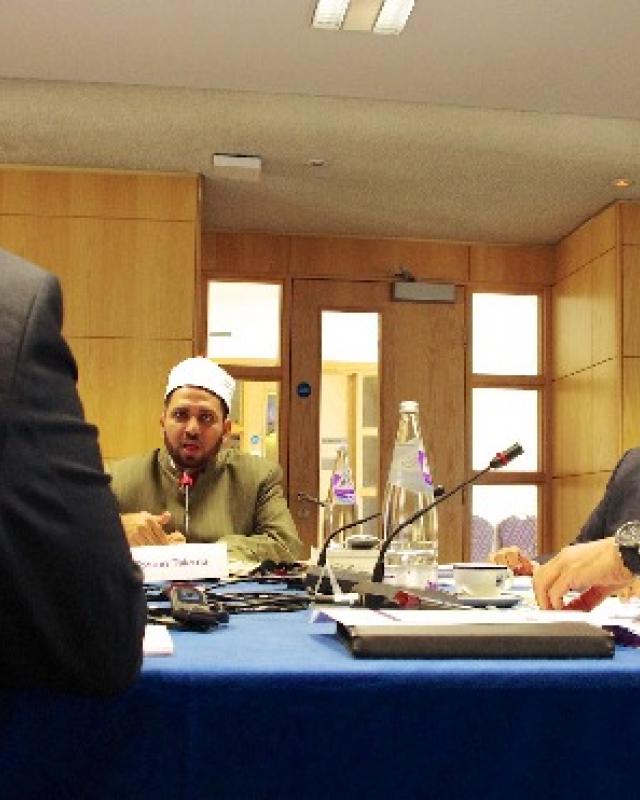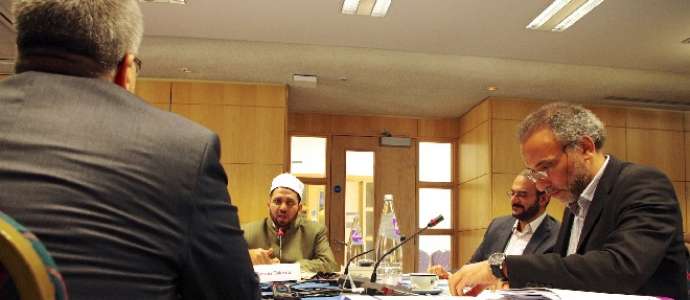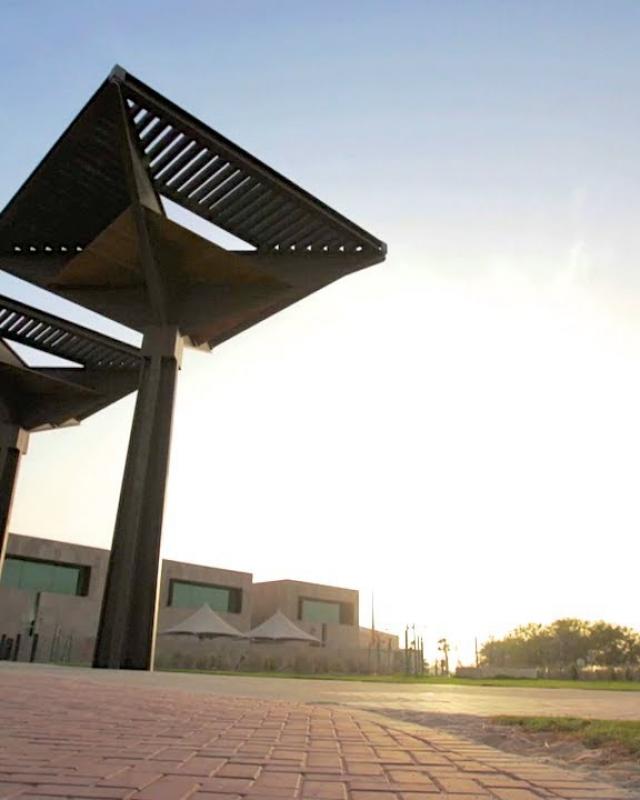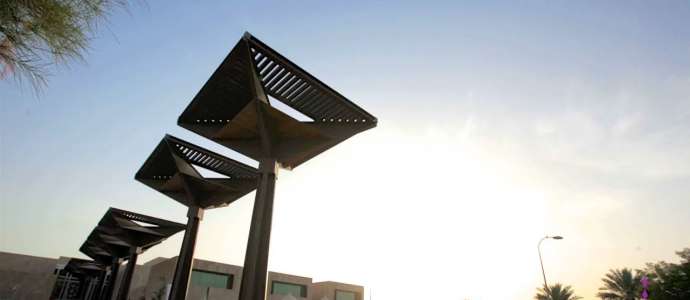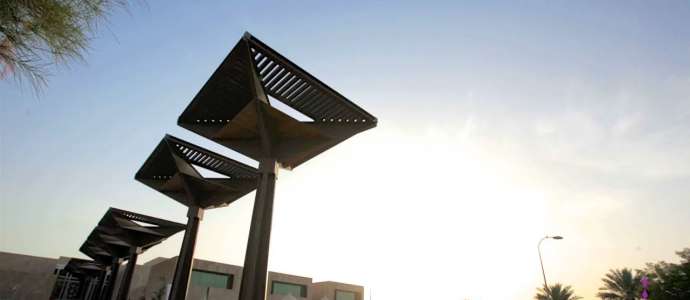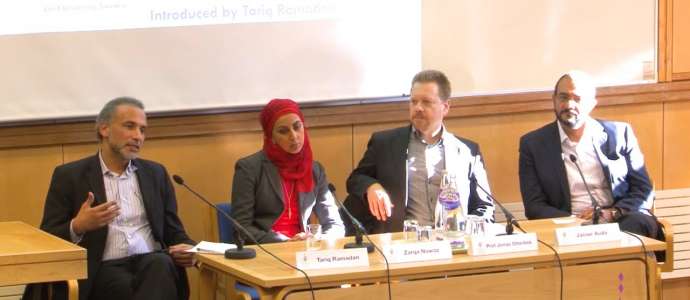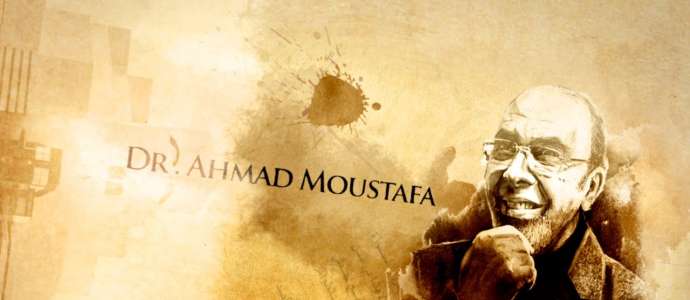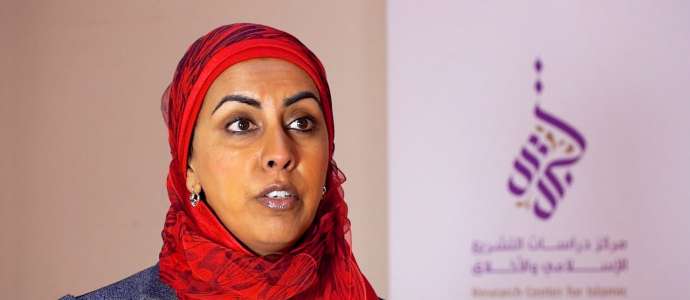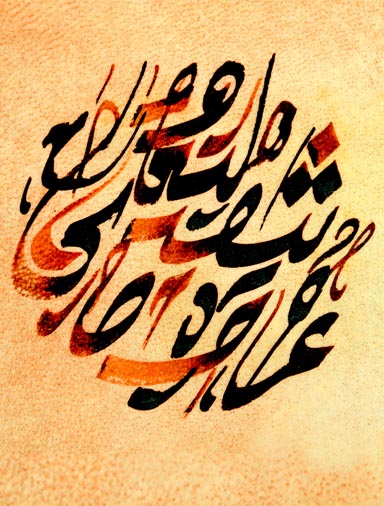
In traditional Islamic legislation, the arts were considered secondary and unimportant. Some scholars even prohibited nearly all forms of artistic expressions, conflating the arts with mindless entertainment. Yet, considering Islamic legislation and their objectives/maqasid and recalling the prophetic statement that ‘God is beautiful and loves beauty’, provide us with a spiritual perspective on the meaning of beauty and the function of imagination in life. Consequently, a better understanding of the arts and their role within culture and society should be our starting point. From an Islamic perspective, art is to be considered the essence of expression, beauty, creativity and culture and always plays a crucial role in shaping the human being in our world.
When thinking about Islam’s higher objectives and how to realize them, it is essential to differentiate what is and is not specifically related to Islamic legislation and rules. In other words, we need to identify what must be tackled from an ethical viewpoint and to sometimes recognize it is best to avoid giving a ruling and to be silent on some issues. After all, if the fundamental rule is that ” permissibility of things is the default ruling (al-asl fi al-ashya al-ibahah)”, then it is important to identify what falls within the ethical and legal scope and what could be left for people to decide for themselves.
In an increasingly materialistic and globalizing world, our greatest challenge is to consider ways to encourage, promote and provide guidelines for dignified and ethical means for artistic production and expression that uplifts humanity. Muslims need to play a leading role in this critical field.


